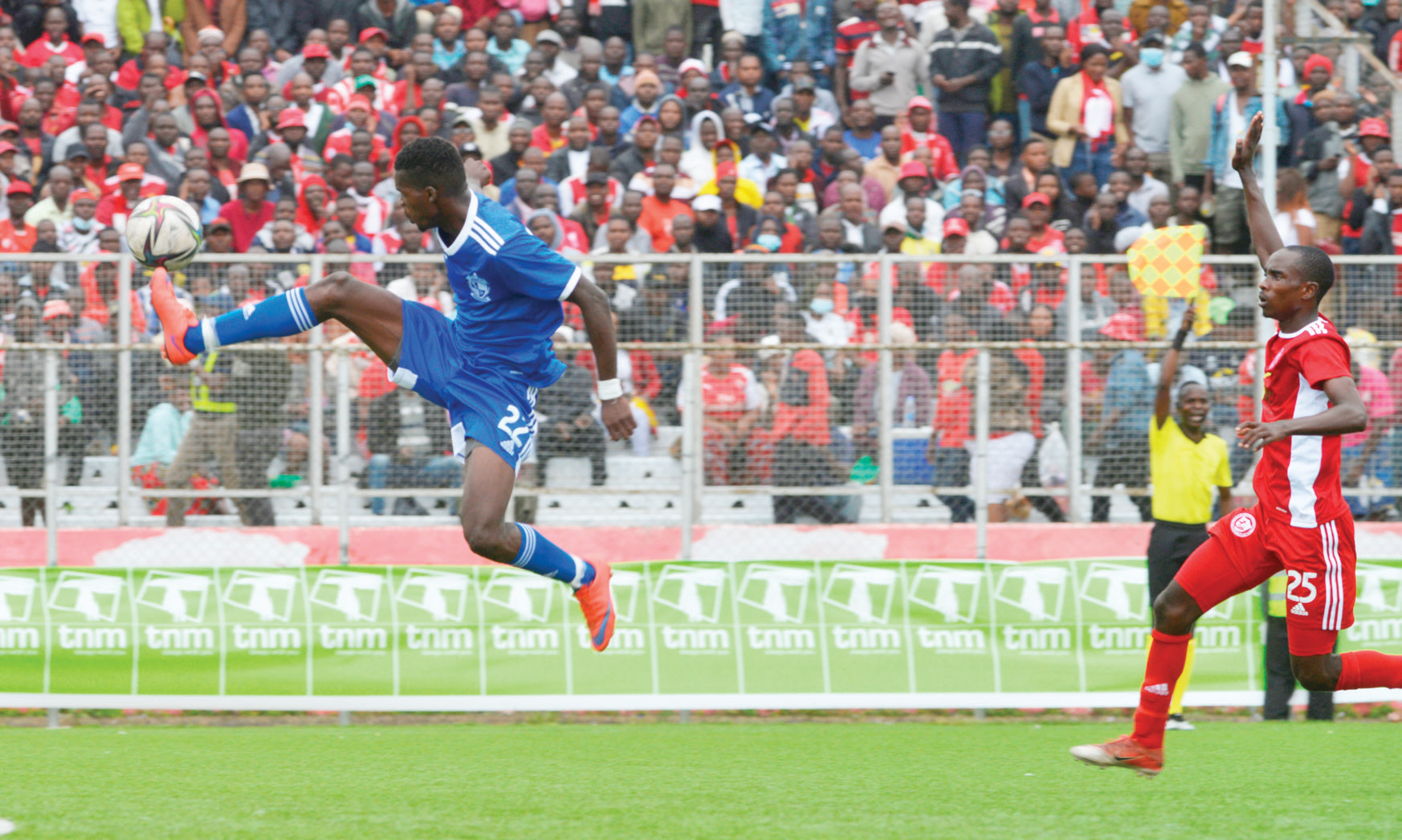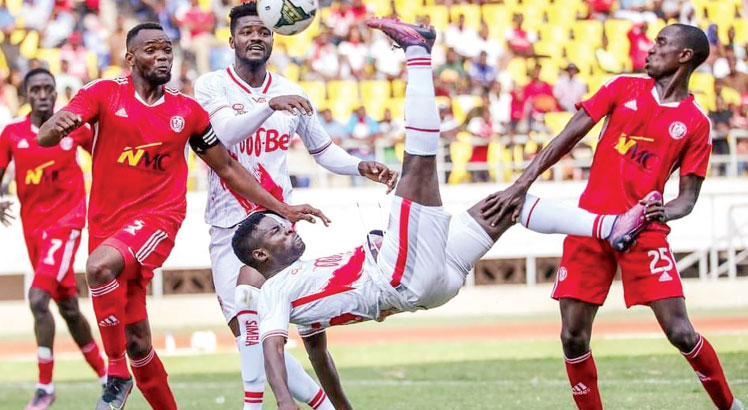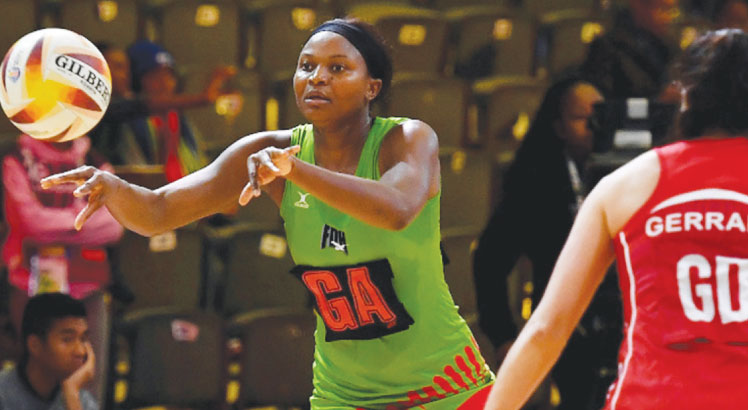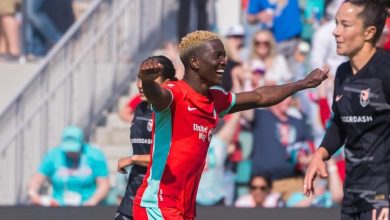Super League gross doubles in only nine weeks
In only nine of the expected 32 match weeks, the 2022 TNM Super League gate revenue has grossed K171.7million, which is over double the K78.5 million generated in the entire 2020/2021 season, Super League of Malawi (Sulom) treasurer Malinda Chinyama has confirmed.
And K27.9 million collected in Week Six is the biggest revenue in a match week so far followed by K27.8 million in Week Five. K2.03 million generated in week three is the lowest.

By the end of Week Six, the gross was already over K24 million more than the sum acquired in the entire 2020/21 season.
Chinyama said in an interview that if the trend continues, they are hopeful that the gate revenue for the 2022 season will surpass the K500 million gross realised during the 2019 season.
“We are happy that gate revenue is now tremendously improving after enduring a tough economic environment last season due to Covid-19,” he said.
Last season, gate revenue gross dropped by 536 percent, a development mostly attributed to Covid-19 as fans were hardly allowed to watch games.
The drop meant that the league concluded with clubs hardly benefiting from their sweat as Mighty Wanderers were the highest earners with K5.9 million share followed by defending champions Nyasa Big Bullets (K5.1 million) and Silver Strikers (K4 million).
Yet during the 2019 season, the highest earners (Bullets) got over K50 million.
Chinyama explained that several factors such as the hike of gate fees this season and the hunger among soccer lovers to return to the stadiums might have contributed to the increase this season.
“It appears fans have had the hunger to return to the stadiums. There has been great improvement in terms of attendance since the lifting of the Covid-19 restrictions on crowd management,” he said.
The Blantyre derby between arch-rivals Bullets and Wanderers at Kamuzu Stadium, which was the season opener, raised the highest revenue so far this season with a K12.4 million gross.
It is closely followed by the recent Bullets away encounter against Dedza Dynamos at the Balaka Stadium with K11.9 million gross.
While describing the revenue increase as a positive development, top-flight league clubs on Friday said there are still grey areas that need to be improved to generate more income.
Civil Service United general secretary RonaldChiwaula said: “Yes, the revenue has increased, this could be due to the fact that soccer lovers missed watching matches at the stadiums for quite sometime. They have been starving for football due to Covid-19 restrictions.”
“However, we can improve by registering all companies that claim to be gate management firms so that they should bid for games well in advance while we are waiting for e-ticketing since that is taking long. In that way, gate fraud might be nipped in the bud.”
Nyasa Big Bullets chief administration officer Albert Chigoga concurred with Chiwaula that the improvement can only be meaningful if there are concerted efforts to ensure that gate management system is working to the satisfaction of all the stakeholders.
“There are still grey areas, but strides are being made. Rooting out pilfering and collusion of actors of fraud is the best way to ensure that we make satisfactory revenue at the gates,” he said.
Football analysts Charles Nyirenda and George Chiusiwa said more could be realised from the gates if Sulom and stakeholders up their game on marketing strategies and surveillance at the gates.
Nyirenda said: “There is indeed an improvement in gate revenue, but with undercover police to monitor the gates and increased vigilance on tickets or collections, things can be much better. There is money in football, but some lapses in the gate and ticket monitoring process seem to be a stumbling block.”
On his part, Chiusiwa said, generally, much more would have been collected from the gates if the matches were properly arranged and organised to ensure maximum patronage that involve even the so-called small teams.
“A closer and critical view would reveal that the much-touted increase in revenue is a contribution of matches involving teams with a relatively bigger fan-base. The current scenario will still result in some teams getting the lion’s share from the gate at the end of the season while others get peanuts,” he said.
“Sulom has failed to properly market the game to generate more revenue from the gate although this is a smaller source of football revenue in this modern era where monetisation of the sport through other means such as broadcasting rights is the order of the day. It is, therefore, imperative to explore other avenues.”





